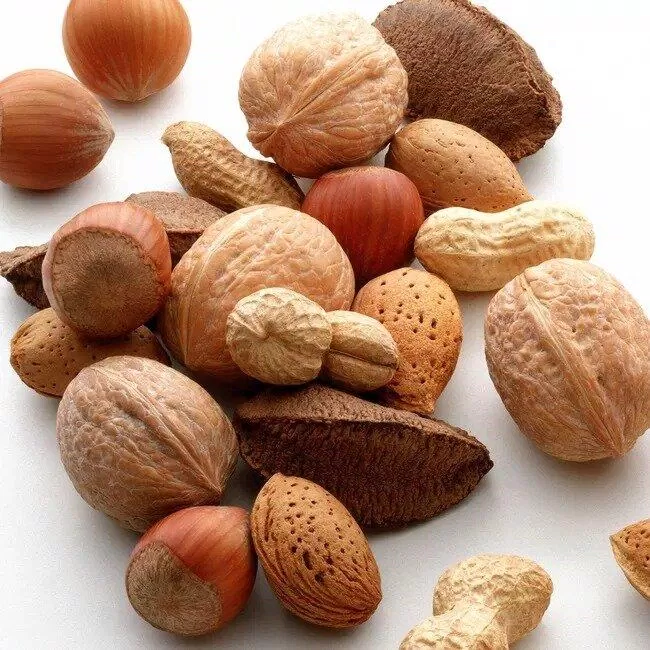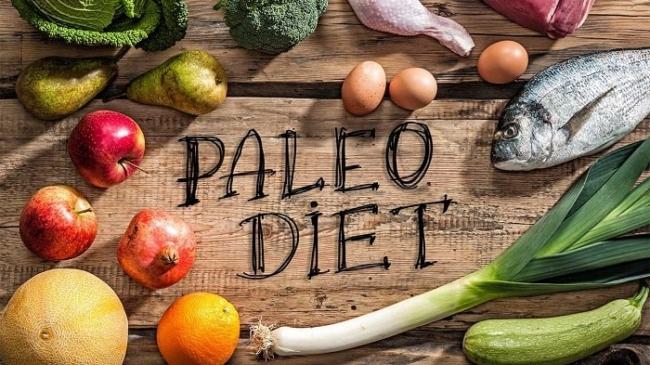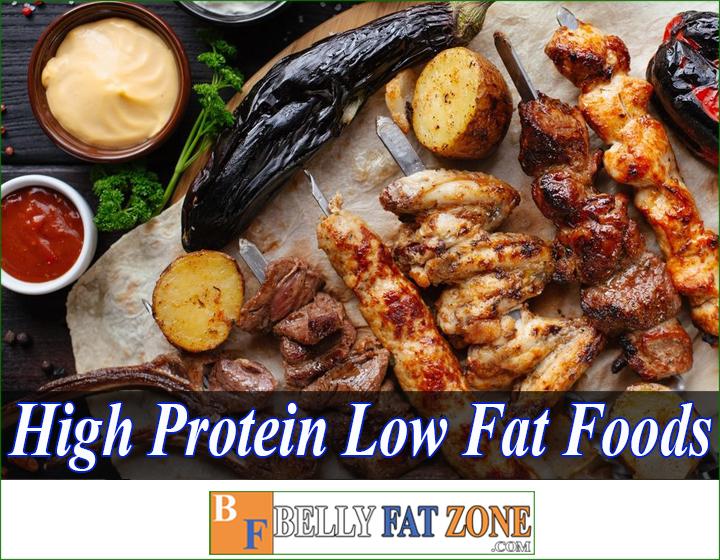People often remind each other to reduce fat in their diets, but fat is an important part of cells as well as making nerve cells, so reducing the amount of fat also needs to be considered.
In particular, fats include good and bad fats; within this article, Bellyfatzone invites you to learn about good fats, also commonly known as healthy fats.

Eating foods rich in healthy fats can protect your heart and help you absorb a variety of vitamins. Here are 13 foods high in healthy fats that you can enjoy to protect your health.
What are healthy fats?
Fats are a type of nutrient in foods and play an important role in our diet.
Fat provides the body with the energy it needs to function effectively, keeps skin and hair healthy, helps the digestive system absorb vitamins A, D, E, K, and stores it in fat cells and helps the body to keep warm, provides essential fatty acids for brain development, control the inflammatory response and blood clotting.
Fats come in many forms that have different effects on the body:
- Unsaturated fats: Liquids at room temperature and generally considered good for the heart. This type of fat is found in plants such as nuts and seeds as well as in vegetable oils and seafood. On nutrition labels, look for the words “polyunsaturated fat” and “monounsaturated fat.”
- Saturated fats: solid at room temperature and found in animal foods such as meat and butter, as well as coconut and palm oil. This type of fat is often considered “unhealthy” for the heart, but “some types of saturated fat are actually good for us,” says Brianna Elliott, a registered dietitian nutritionist in Minnesota (USA).
- Trans fats or “trans fats”: Liquid fats are turned into solids through a process known as hydrogenation. The US Food and Drug Administration has banned this type of fat, which is often found in fried foods, baked goods, and processed fast foods.
Fats found in processed snacks and store-bought baked goods are not healthy, while fats from natural foods like avocados, wild beef, and olives can be beneficial. Not all fats are created equal; here are some foods that provide healthy fats.
Avocado
Avocados have more health benefits than you think. They help reduce inflammation and protect the heart. Avocados can also help slow down your stomach's digestion, keeping you fuller for longer.
You need to eat healthy fats for your body to absorb fat-soluble vitamins A, D, E, and K, you can combine avocado with salad to get the benefits of all vegetables. Avocado toast can be a complete breakfast, snack, lunch, or dinner.
Egg
The 2015-2020 Dietary Guidelines removed the restriction on cholesterol-containing foods such as eggs, as researchers now suggest that saturated fat (such as fatty meats) and genetics are to blame leads to high cholesterol rather than too much cholesterol in the diet.
Research has found that eating eggs in the morning can help you feel fuller for longer. Eggs from hens that are free-range or fed omega-3-rich foods often contain more omega-3s.
Nuts
Nuts are the perfect convenience snack, packed with nutrients including amino acids, vitamin E and unsaturated fatty acids. A 2018 study published in the Journal of the American College of Cardiology found that eating nuts reduces the risk of cardiovascular disease.
Choose nuts that don't have any added ingredients like sugar and other vegetable oils; no need to add oil to nuts as they are already there.
Nut butter
Peanuts are high in monounsaturated fats that have been linked to lower cholesterol and lower risk of heart disease; plus you can buy nut butter of all types, including almonds, cashews, etc. They can keep you full for longer, but avoid products with added sugar or vegetable oils.
Olive oil
Olive oil is a pure, healthy fat. Research has found that it helps reduce the risk of heart disease, cancer, and diabetes. The ingredients in olive oil like oleic acid and secoiridoids protect our cells, helping slow the aging process.
For the most health benefits, choose extra virgin olive oil, as it is extracted using natural methods and without much processing before it reaches you.
Fish
You may have heard that fish is “brain food” because they're packed with omega-3 fatty acids essential for brain function. Our brains are made up of mostly fat, so you need to eat them to keep your brain healthy.
The Dietary Guidelines for Americans recommend eating 8 ounces (about 226 g) of fish per week to get the right amount of omega-3 polyunsaturated fatty acids, eicosapentaenoic acid (EPA), and docosahexaenoic acid (DHA), all Both provide nutrition for the brain, fight inflammation and chronic disease. Choose from salmon, anchovies, herring, cod, sardines, oysters and mackerel.
Coconut oil
Coconut oil is often considered bad because its calories mainly come from saturated fat. But now researchers believe that the main type of saturated fat in coconut oil is lauric acid, which is known for its anti-inflammatory and anti-bacterial properties.
Coconut oil is also unique compared to other saturated fat sources because it contains medium-chain triglycerides (MCTs) that can be used as a quick source of energy instead of being stored as fat. It is also a very stable fat and is great for cooking with high heat.
Black chocolate
A small daily dose of dark chocolate provides heart-protective healthy fats. In 2014, researchers discovered that when you eat dark chocolate, gut-friendly microorganisms like Bifidobacterium and lactic acid bacteria eat it and ferment it to produce anti-inflammatory compounds that help protect the heart.
Greek Yogurt
About 70% of the fat in Greek yogurt is saturated fat, but you may see about 1 gram of trans fat on the ingredient label. Don't worry because it's a naturally occurring trans fat called conjugated linoleic acid (CLA).
Although man-made trans fats are harmful to health, natural trans fats like CLA may help protect against type 2 diabetes, heart disease, and cancer, the experts explain letters. Choose yogurt made with grass-fed cow's milk or full-fat yogurt for the most benefits. You should also choose plain yogurt because flavored yogurts are often high in added sugars and artificial sweeteners.
Olive
Besides olive oil, the fruit itself should also be included in your diet. They are rich in oleic acid, a heart-protective monounsaturated fatty acid. They're also rich in antioxidant polyphenols, which protect you from cell damage, and iron, fiber, and copper. But be aware that they can be high in sodium.
Kinds of seeds
Very small nuts are sprinkled on salads or sandwiches, but they are decorative and packed with nutrients. Nuts like pumpkin, hemp, flax, chia and sunflower are rich in monounsaturated fats like omega-3 fatty acids, which help prevent inflammation.
They are also a good source of protein, fiber, and vitamins and minerals like vitamin E, iron and magnesium. Pumpkin seeds have been found to be particularly helpful in controlling blood sugar levels.
Soybean
Soybeans are one of the few legumes that are rich in protein and provide essential fatty acids, making them a very good meat substitute. Dried or fresh soybeans provide both healthy, complete protein and isoflavones (a plant form of estrogen), fiber, vitamins and minerals. The same goes for soy milk, miso, and tofu.
However, that does not mean that vegetarian meat made from soy is a healthy food. Vegetarian meats are mostly soy protein with no other healthy ingredients, so choose whole soy foods for the best health benefits.
Cheese
Cheese has long been considered unhealthy because it contains a lot of bad fats that can cause atherosclerosis. Limiting processed cheese products that are high in sodium is true, but you can still use fresh cheese.
Aged cheeses like Parmesan are also a good source of probiotics, which aid in digestion and weight management. Cheese is full of good nutrients like phosphorus, protein, and calcium that people often don't notice because of the fat problem. It also increases butyric acid levels in the body, which is associated with a reduced risk of obesity and better metabolism.
One of the healthiest ways to prepare cheese is to garnish salads, add flavor to the dish, and its fat helps you absorb the nutrients in the vegetables.
Don't forget to follow Bellyfatzone for the latest health news updates!






